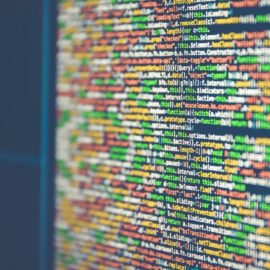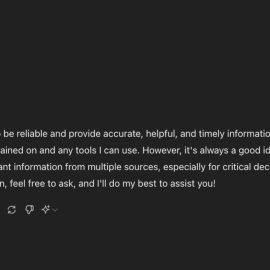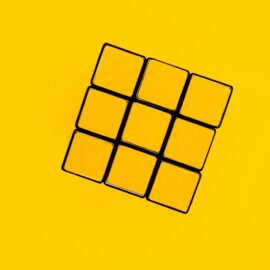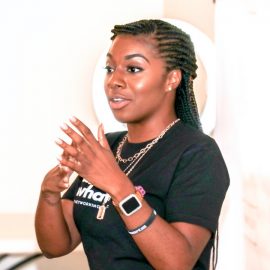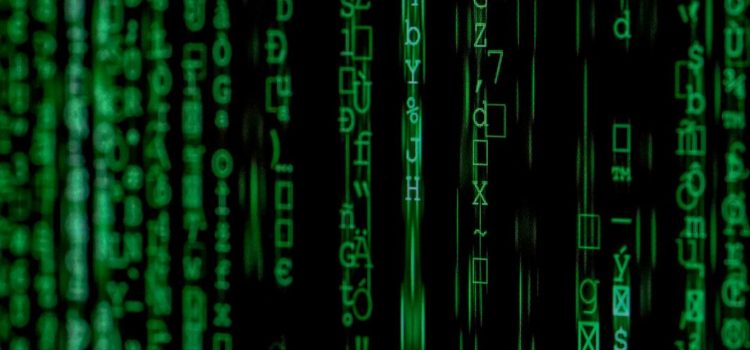
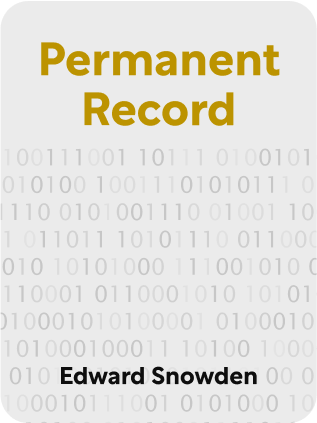
This article is an excerpt from the Shortform summary of "Permanent Record" by Edward Snowden. Shortform has the world's best summaries of books you should be reading.
Like this article? Sign up for a free trial here .
What is a secure way to store files? How does zero knowledge encryption protect your files? Is zero knowledge cloud storage the best option for cloud-based storage?
Zero knowledge encryption is a security technique that divides up an encryption key so that something can’t be accessed without the whole key. Getting a file is meaningless without the key to the encryption.
Learn more about zero knowledge encryption and how Ed Snowden used zero knowledge storage to protect the files he took from the NSA.
When Edward Snowden took files out of the NSA, he put them on SD cards. After Ed got home from work, he’d hide his laptop under a cotton blanket in case the FBI had bugged his house. Then, he’d transfer the files from the SD cards to a bigger, very securely encrypted, external storage device.
Zero-Knowledge Encryption
Ed’s encrypted drive had zero-knowledge encryption within zero-knowledge encryption. The purpose of zero knowledge storage is ultimate protection against surveillance. The zero knowledge key was divided up and separated. For example, pretend you had a party with 20 guests. You give each guest a number as they leave and none of the guests overhear. You can only put the key back together by bringing all the guests back together in the same room and having them regurgitate their number in the same order. Ed also had a number. If even one of the guests, including Ed, lost or destroyed their number, the key was permanently broken.
How Mass Surveillance Works in Practice
Edward Snowden took a new job with the National Threat Operations Center in Hawaii. Ed’s new job was to actually use mass surveillance technology to research targets. He became the person who “acquired” information about particular people who’d thrown up flags. He wondered if there was anyone in the world that the NSA couldn’t get to and this job let him get an inside look at that question.
Encryption
The only way to protect yourself from surveillance is through encryption. Think of encryption as a much more advanced version of a cipher. You’re using a key to transform data into gibberish when you encrypt something. Therefore, you have to have the key to make sense of data. If someone is looking at your data without the key, it will be meaningless.
Encryption works using algorithms. They are very complicated math problems—problems so complicated even computers can’t solve them. The math and computing power required to break a 4096- or 8162-bit encryption key don’t exist. Usually, the longer an encryption key is, the safer it is, because the math is harder. The only choice for the government is to go after the keys or the locksmiths. The government doesn’t try to break the encryption. To go after the key, the government attacks the programs that do the encryption. To keep keys safe, you can use a method called “zero knowledge encryption.” Zero knowledge cloud storage involves encrypting data before you upload anything so that the key never leaves your computer.

———End of Preview———
Like what you just read? Read the rest of the world's best summary of Edward Snowden's "Permanent Record" at Shortform .
Here's what you'll find in our full Permanent Record summary :
- What Ed Snowden discovered that caused him to completely lose faith in the government
- How Snowden led the bombshell reports of US mass surveillance
- How Snowden is coping with his treatment as both patriot and traitor


